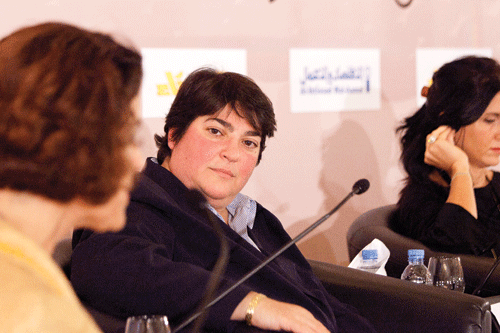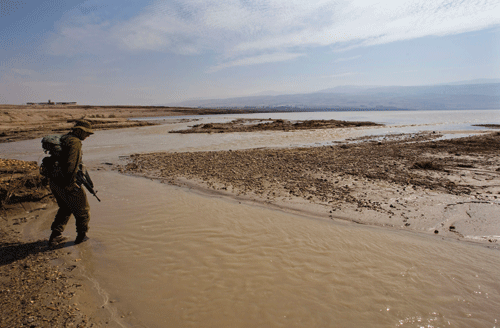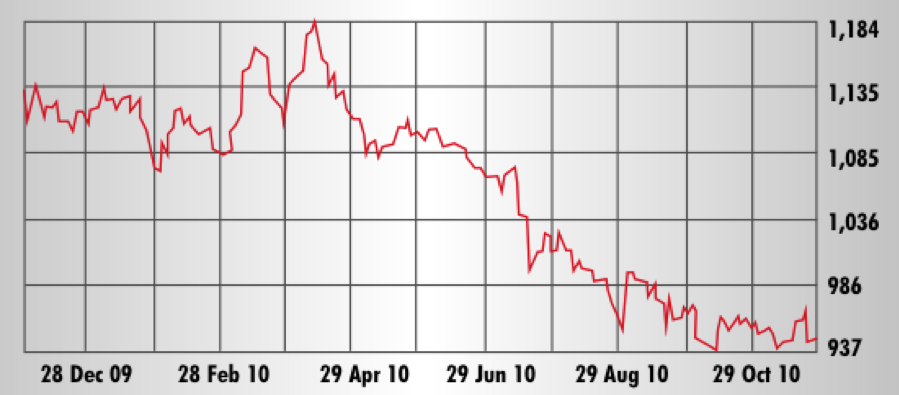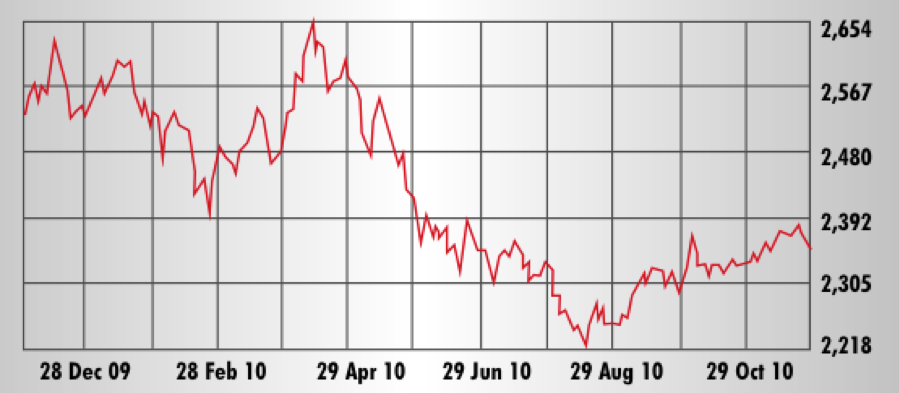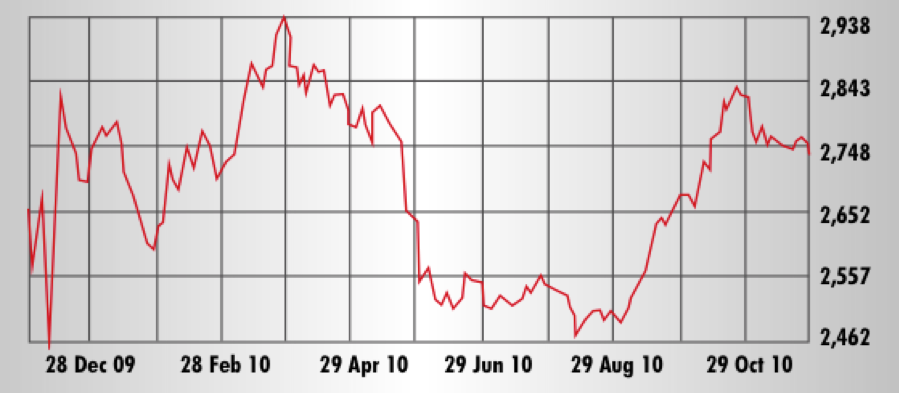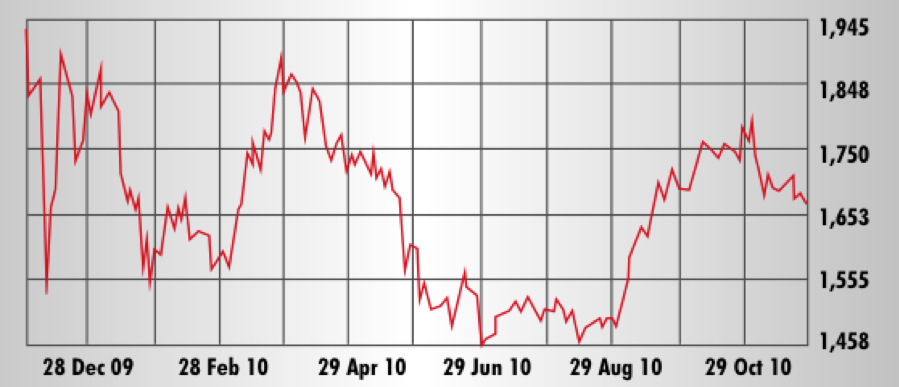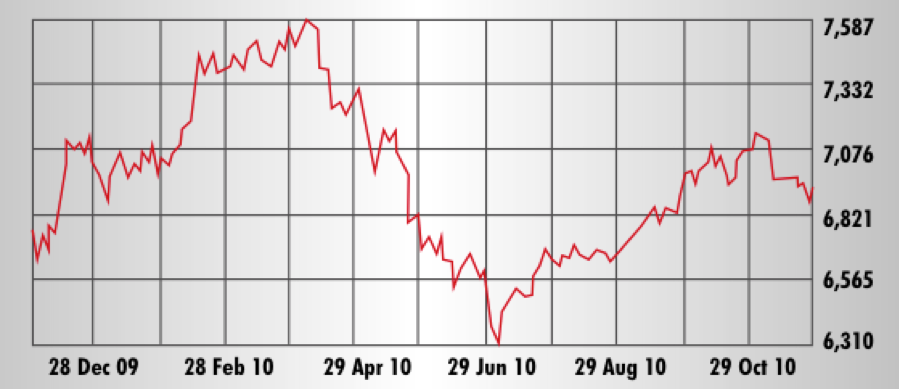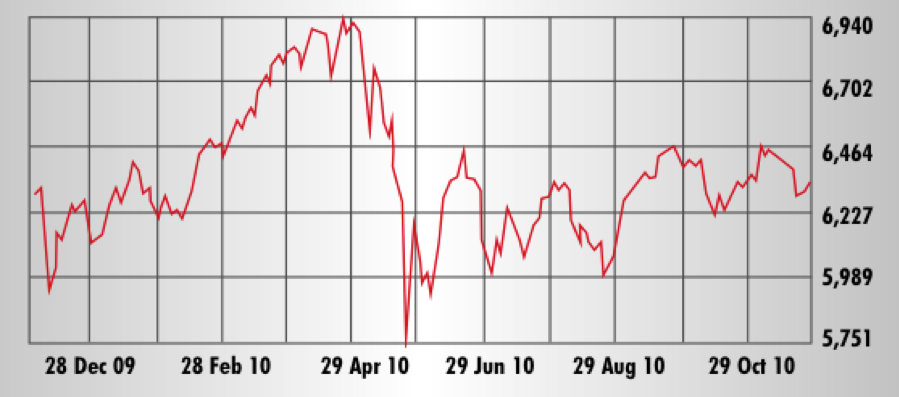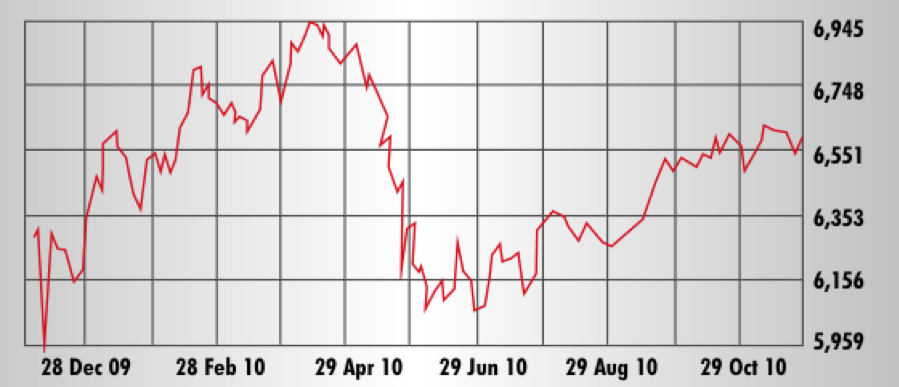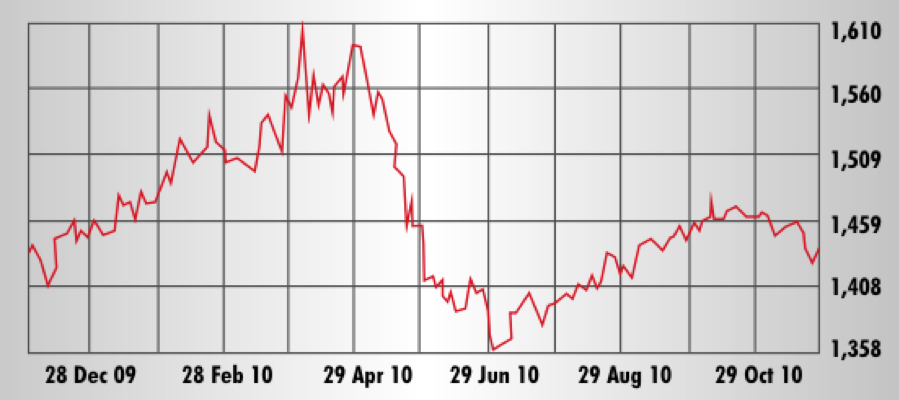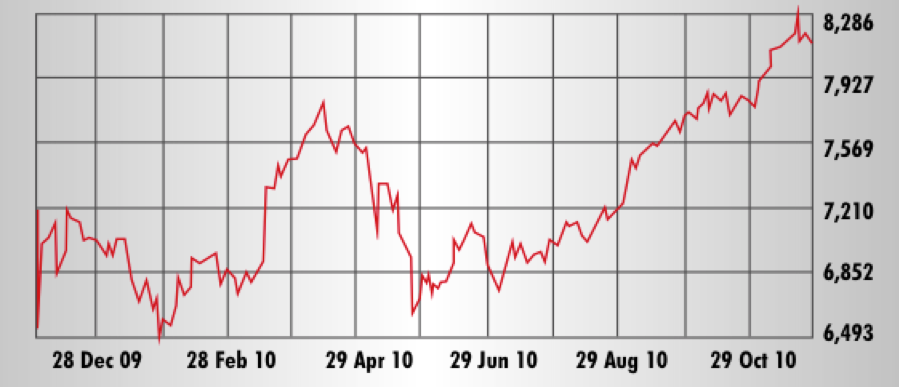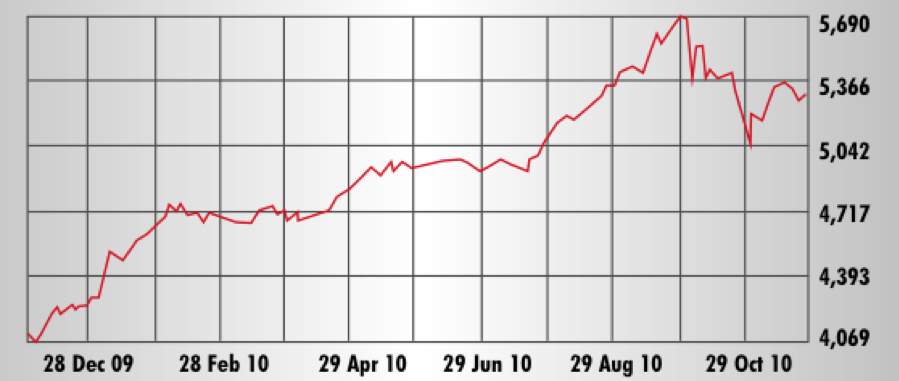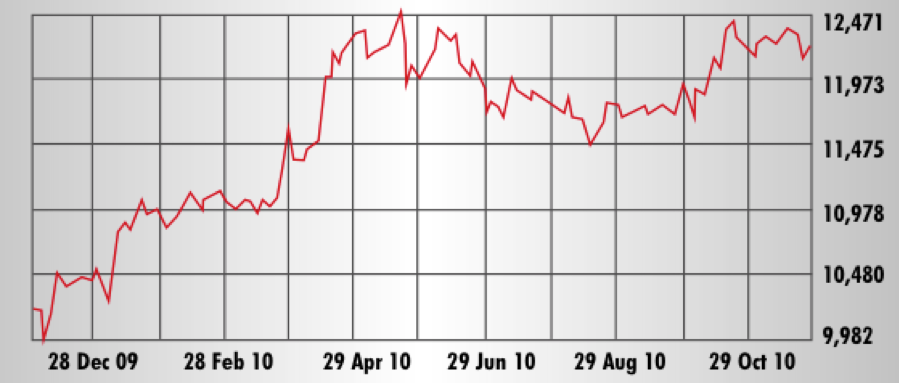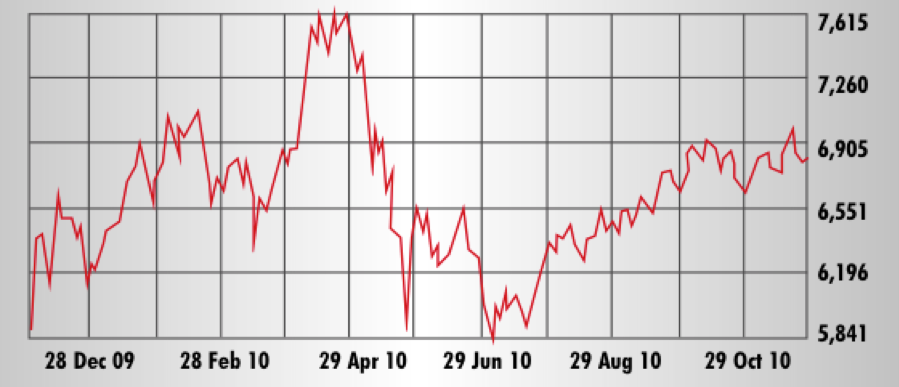Christos Papadopoulos has been six months on the job as regional chief executive officer for the Middle East and North Africa at Standard Chartered. He recently sat down with Executive to discuss what we can expect from both Lebanese and regional banks in the new year.
E What will be the drivers of regional asset growth in 2011?
The picture in the region is going to be somewhat diverse. There are some markets where on the wholesale banking side, especially in those markets where there are significant infrastructure investment plans, the wholesale banking assets will significantly grow. And then there are other markets where, just by virtue of large populations and ongoing healthy [gross domestic product] growth, we are going to have consumer assets growing —markets like Egypt — but it is not going to be uniform.
E Why is wholesale banking part of your Lebanon strategy for 2011?
Standard Chartered is extremely good at connecting trade corridors and FDI [foreign direct investment] flows, so we have a significant role that we can play in Lebanon in providing those kinds of solutions, especially for those corporates that have regional or even [outside]businesses. And that means that we are bringing to the market something that the local banks cannot provide, or at least cannot provide to the extent that we can. What we are very successful at doing is bringing Asian investors and Asian money into this part of the world. So what we’ve done in the Gulf is we have had as much as up to 40 percent of new money coming out of Asia.
Historically Europe used to be a significant supplier of finance to this part of the world, but now Europe is going through its challenges so in many respects when it comes to refinancing, they are not looking to participate, they are looking to get their money back. The extent to which Asia steps in and fills that gap means that you have a successful fundraising effort. Increasingly the Middle East is looking into Asia — whether it is to raise funding or to engage and do business.
When you look at the big trade corridors, whether it’s companies importing from China, whether it’s Korean contractors coming and doing business here, or whether it’s Chinese contractors coming in and working in the region, there is a significant engagement.
You have FDI flows going from the region to Asia, for example when the Qatar Investment Authority bought a significant stake in Agricultural Bank of China, so the world has changed in terms of the shift of economic growth and the emergence of Asia — a shift from West to East. And to a certain extent there has been a shift from North to South — whether it’s moving to the Brazils of this world or moving into Africa because of their commodities story. So you’re building corridors between Asia, Africa, the Middle East and Latin America.
E What are your expectations for mergers and acquisition (M&A) activities in the region?
We have seen some big deals. We have seen very recently the deal with Zain and Etisalat, which was a significant transaction. Here in Lebanon you have the deals with Bank Audi and EFG-Hermes, so I think good deals that are available will be happening. I don’t think you will see a frenzy of activity, but there will be opportunistic deals as people seek to take advantage of those economies that increasingly provide more attractive returns.
If you want to be in a market that is otherwise unavailable to you, Libya for example, you might consider an M&A type entry into the financial sector. In the nonfinancial sectors, you will increasingly see[activity in] the telecoms sector.

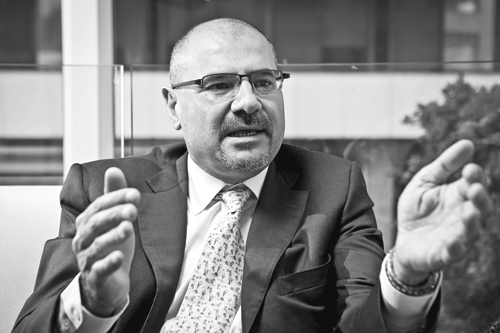


![C_AP[1]](https://www.executive-magazine.com/wp-content/uploads/2014/01/C_AP1.gif)
